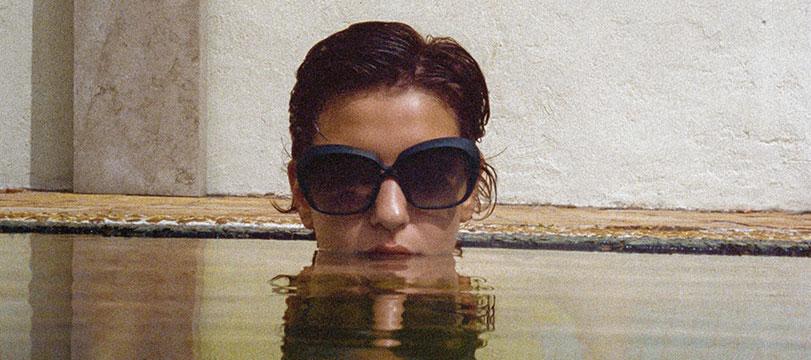
02:13 -
© Neuvau
Everyone remembers that legendary movie scene with Alain Delon lying beside a pool wearing Vuarnet sunglasses. While the brand brought back these frames in 2015, the movie and its era have also influenced designers at Neubau, an eco-responsable Austrian glasses brand that has succeeded in marrying the 1960s art de vivre with 21st Century modernity.
The Côte d’Azur in the 1960s was where the decade’s free spirit lived. On the south coast of France, it was a place where anything and everything could happen, in art, design or cinema. Here, the greatest artists of the time and the world’s biggest stars rubbed shoulders, from Andy Warhol to Roy Lichtenstein, Jacques Brel to Brigitte Bardot, Johnny Halliday to Sylvie Vartan.
It was also the location chosen by Jacques Deray for his cult film ‘The Swimming Pool”, imbued with the spirit of the age and full of freedom and daring (remember that famous bikini appearance?), values that were integral to the Hippie movement and its love for liberty and nature, climaxing in the May 68 protests.
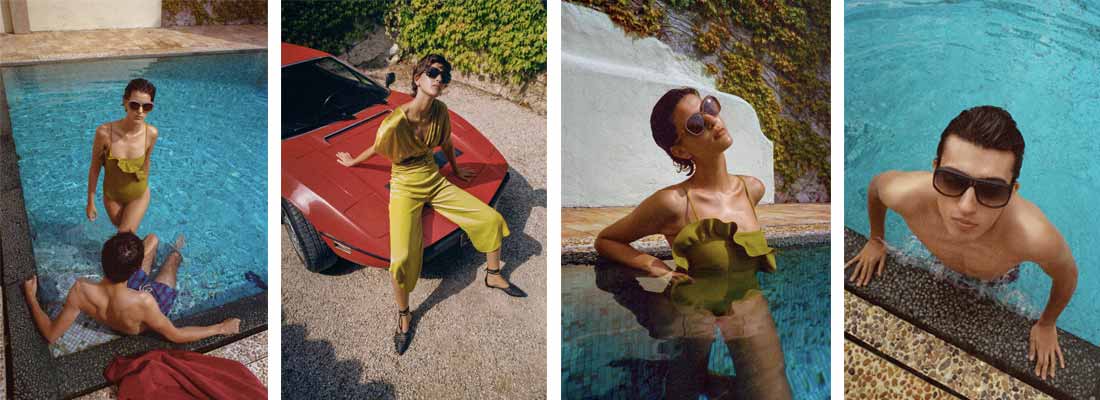
© Neubau Eyewear
Neabau Eyewear, an Austrian brand committed to the environment and its preservation, was very much inspired by this period when developing the ‘Côte du Soleil’ collection, marrying design aesthetic with durability.
Taking visual cues from the Jacques Deray film and being inspired not only by its characters but also the scenes themselves, the brand’s designers used classic vintage tropes from the time, like large square shapes, giving them modern twists like softer angles, and making them from more eco-responsible materials. The result is a collection of 3 designs with names that evoke the film’s protagonists: ‘Romy’ for the feminine model, ‘Alain’ for the masculine and ‘Maurice’ for the unisex design, with each coming in two colorways inspired by the Côte d’Azur landscape.
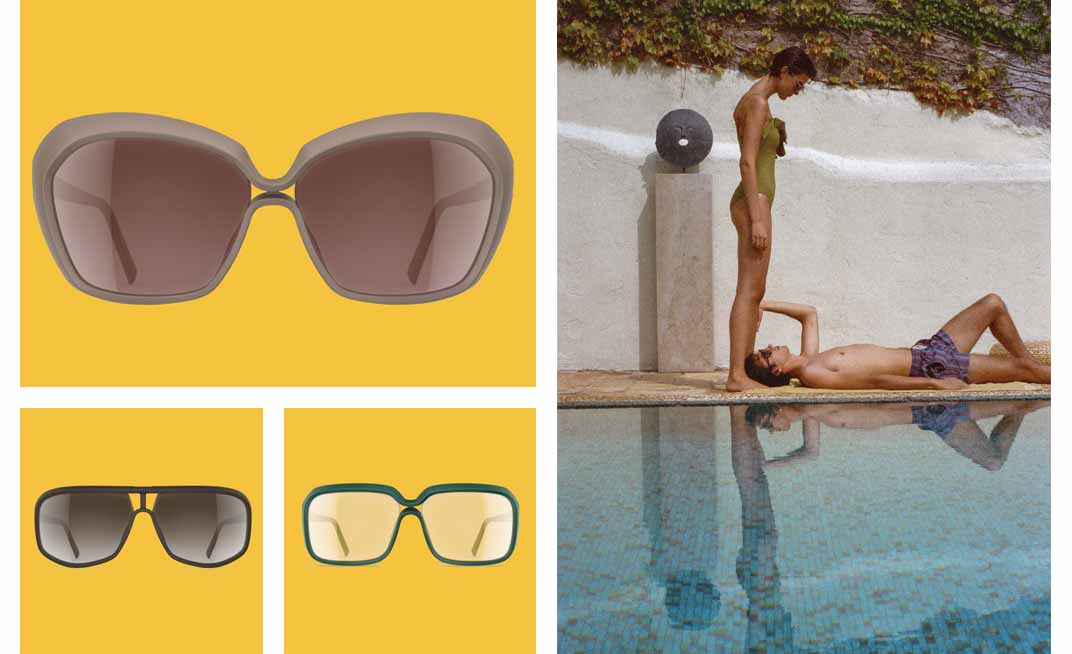
Utterly committed to preserving the natural world, Neubau began using 3D printing for the first time as well as ‘Natural 3D’, an all-new material made from Ricin beans that allowed the brand to bring out this entirely organic glasses collection.
The manufacturing technique and material used give the designs in the collection a flexibility and lightness that is especially welcome right now as we head into the summer and wearing sunglasses all day can become heavy and uncomfortable. The material also seems to guarantee a better stability for the colors, but we’ll confirm that after the holidays.
Finally a pliable titanium core in the glasses’ arms ensures maximum comfort. The 3 special edition designs are available at retail for €329.
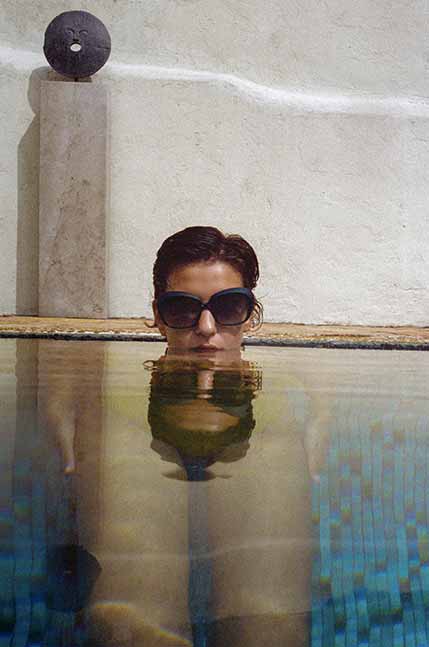
© Neubau eyewear
Since it was first established, this young Austrian eyewear brand has been truly committed to protecting the planet.
For this brand, ecology is not only about the materials and machines it uses or how it packages its products. As well as using organic materials (ricin beans), technology like 3D printing which reduces excess waste, or making its cleansing cloths from recycled PET bottles, the brand also studies how to reduce energy in its manufacturing processes and uses methods that have the least harmful impact on the environment.
For this brand, people and the planet are at the heart of what it does and what it wants to do: create a fairer, cleaner and healthier world for future generations.
And since there can’t be a real ecology without transparency, the brand keeps track of the impact of all their different products and processes and makes the information public.
Download the guide to eco-responsibility here.
This brand has not finished calling us out on our commitments to eco-responsibility.
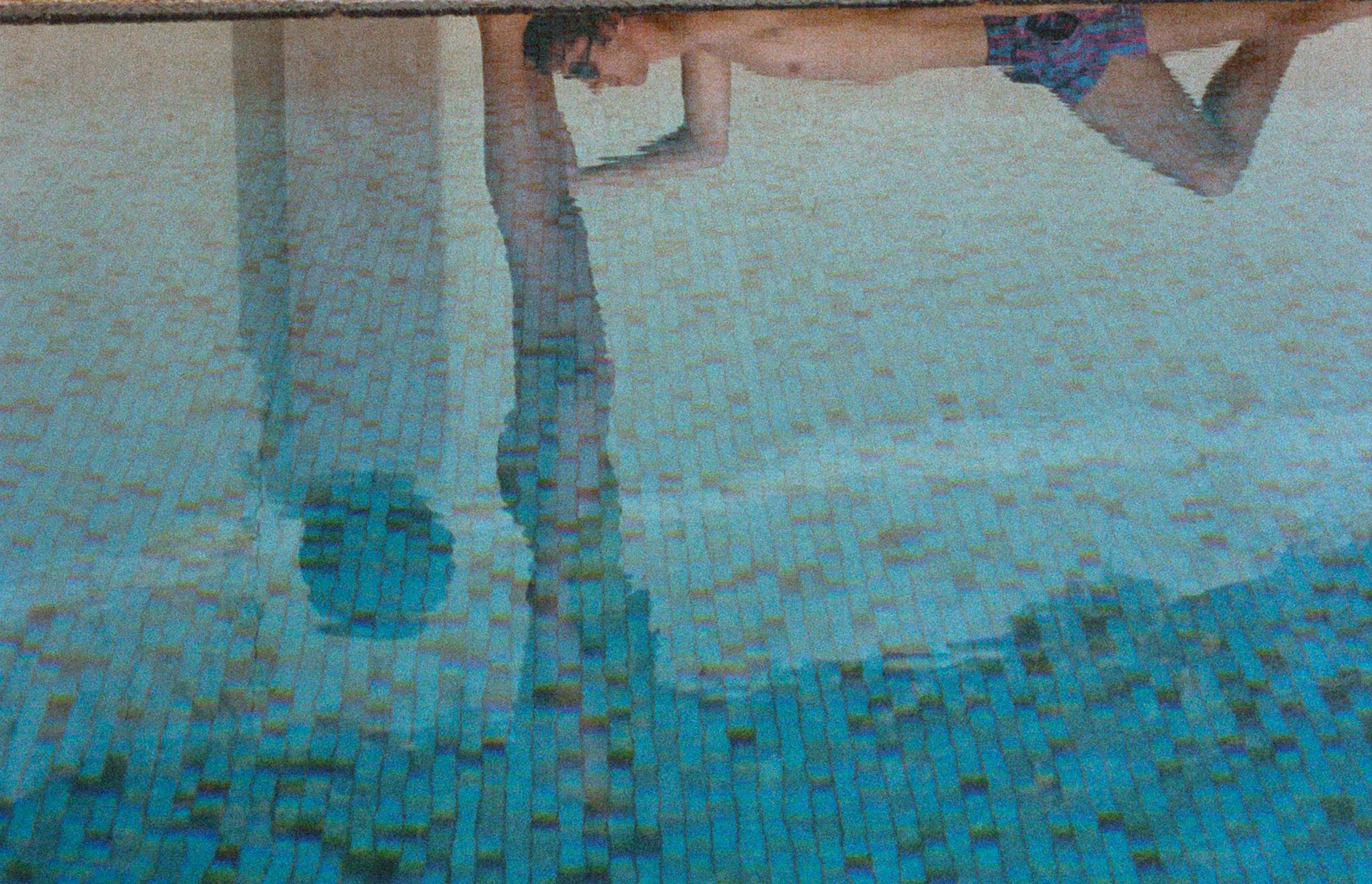
Written by Josh Arnold